By Dr. Roslyn Fuller

Dr. Roslyn Fuller is a member of the Advisory Group of the Citizens’ Assembly for Northern Ireland
I grew up in rural, relatively sparsely populated Canada, and perhaps because of that one thing that I’ve never fully adjusted to is how many people there are in the world. Ten thousand people, a hundred thousand people, ten million people. Any way you slice it, it’s a lot. Being involved in politics has only increased that sense for me. Even in a small electoral area you can knock on doors and shake hands for the rest of your life and still not meet everyone. Realizing that has given me an appreciation for how big the flows of energy are that are directed by modern governments, how blunt those instruments often have to be, and how much effort it takes just to organize a referendum.
Purely from the logistics, it’s easy to see how we’ve mainly opted for representative democracy, despite the fact that it offers only occasional, thin participation for most people. But it’s also easy to see that when it comes to politics we have a lot of untapped potential.
What we know from involving people in forms of direct democracy (be that assemblies, digital decision-making or participatory budgeting) is that there may be a lot of people, but they aren’t all that bad (reports of voter stupidity and irrationality are often greatly exaggerated). What is more, their views are often more differentiated than the electoral process can reasonably capture. When people vote for parties, rarely do they intend to endorse the party’s entire platform. In fact, it’s fairly common (and not necessarily irrational) for people to cast a vote just to keep the other side out. This – along with a whole raft of other statistical flaws – means that when it comes to determining what people want we are rarely any wiser after an election than we were before.
Thus, despite the common argument that citizens’ assemblies are a means of ‘informing’ people to come to more enlightened decisions than they otherwise would have, their real value lies in loosening individuals from traditional political hierarchies and placing them in an atmosphere where they have a chance to directly engage with each other rather than through mediating (often distorting) structures. In other words, the true value of citizen’s assemblies lies in revealing public opinion rather than forming it.
And what has been revealed is that there is often a quite deep cleft between popular will and government action. This difference is often quite profound, so much so that I personally highly doubt that a nation governed by the people would carry on with the status quo coupled with a few nice changes like e.g. legalizing gay marriage. I think that with direct participation things will be a lot more exciting than that.
Indeed, participating in citizens’ assemblies and other forms of direct decision-making is very energizing. Cathartic even. It is an experience that by juxtaposition brings home the fact that we live quite atomized lives, alienated not just from our political structures, but also from other people. The word ‘empowering’ is trite and overused, but if there is something that it could rightly be said to apply to, this is it (and you really do feel it when you are there). This sense of real empowerment is likely why feedback and retention rates among participants in forms of direct democracy are so high. Yes, it’s work, but it’s satisfying, catalysing work.
We should, however, not be deceived about how far we have to go. When you have 50 or 100 people in a room discussing politics, it may feel like a lot, but it’s still just a tiny fraction of the total population. That’s not just an issue for representativeness, it’s an issue because it means that the vast majority of people are still excluded from the process. This is why in the future we have to scale up and spread the reach of direct participation. Both the Icelandic Constitutional Council and the Irish Citizens’ Assembly accepted submissions from members of the public, and in the Republic, Citizen Assembly recommendations have, thus far, been legitimized via national referendum, meaning that, in the end, we all get a vote. Furthermore, mass participation in various forms, impossible only a few decades ago, is now easily facilitated online. Democracy, ultimately, is powered by people and people need to be involved in the changes that affect their lives, because they are the ones who have to live and implement them.

Recent Comments